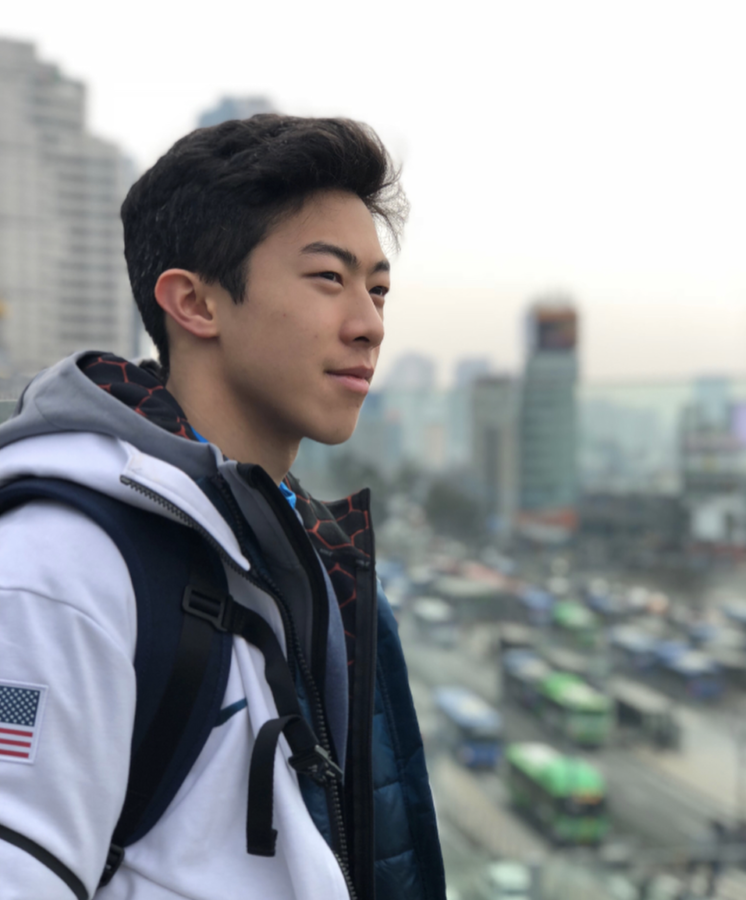Winter Wunderkinds
These Team USA teenagers showed their skills in Pyeongchang
These four teenagers are pretty much normal— they stay up too late watching sitcoms, crave the occasional ice cream cone, and enjoy standup comedy. There’s only one difference between them and all other high schoolers: they’re Olympic athletes.
Red Gerard (age 17)
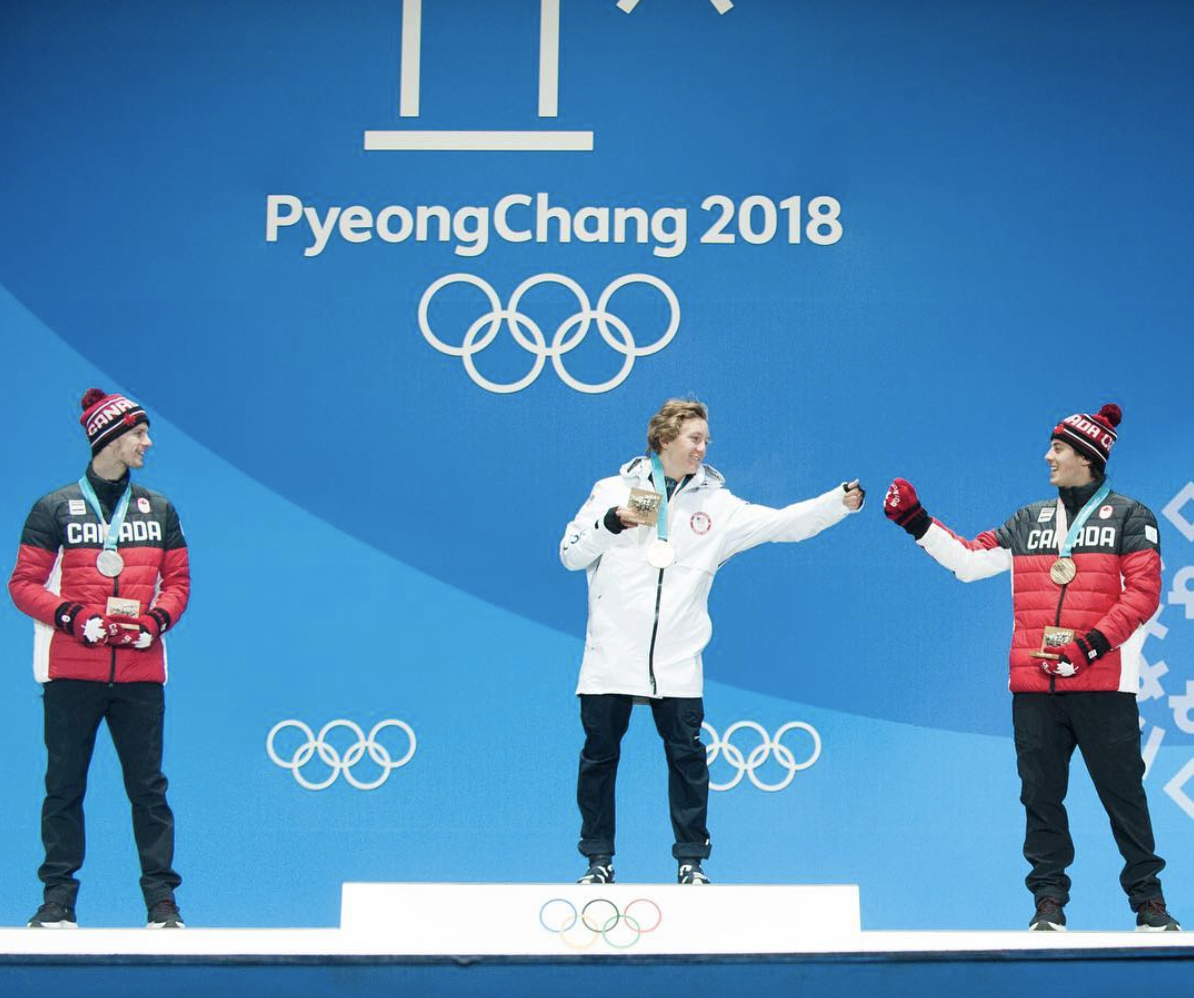
On the Olympic podium, a victorious but casual Red fist-bumps Canada’s Max Parrot, the silver medalist.
Red (full name: Redmond) Gerard is one of seven kids in his family. You might recognize them as the “polite hoodlums” who shotgunned beers on the sideline in Pyeongchang as Red took the gold medal in Men’s Slopestyle Snowboarding.
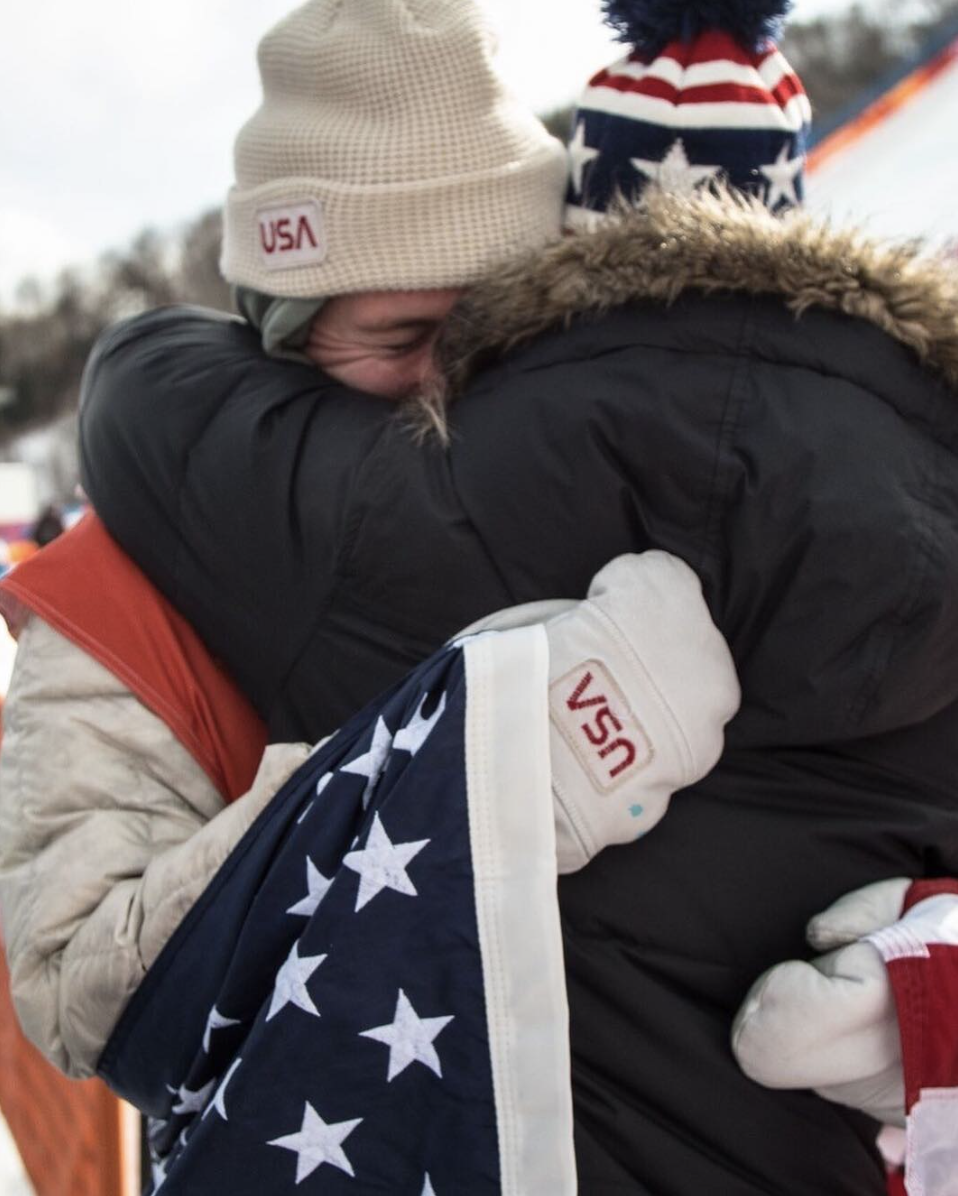
In Slopestyle, riders post three runs on a downhill course with rails and jumps. The highest score each rider posts counts toward the medals, and the other two scores are thrown out. Colorado native Red was in last place after failing to land clean tricks on his first run, and he wiped out on his second attempt. His third and final run was ambitious, packed with style, and nearly flawless. The comeback earned him a whopping score of 84.16 and the United States’ first medal in Pyeongchang.
Although it seems to work for him, Red’s nonexistent prep routine would make any typical high-strung Olympian gasp. The night before his Olympic debut, Red stayed up late watching Brooklyn Nine-Nine on Netflix. He overslept the next morning. Upon realizing that his jacket (size small) was missing, he borrowed one from a friend (size large) at the last minute. While his family chugged alcohol, he chugged coffee on the way to the slopes at 8:30.
Red’s only other event in Pyeongchang was Men’s Big Air, a new competition in which snowboarders each hit one trick. “I never really wanted Big Air to be in the Olympics,” said a characteristically laid-back Red. “If I didn’t do good in this event, it’s like, whatever, I really don’t care too much.” Though he finished fifth in Big Air, Red and the 18 other Gerards in Pyeongchang have every reason to celebrate.
Maame Biney (age 18, barely)
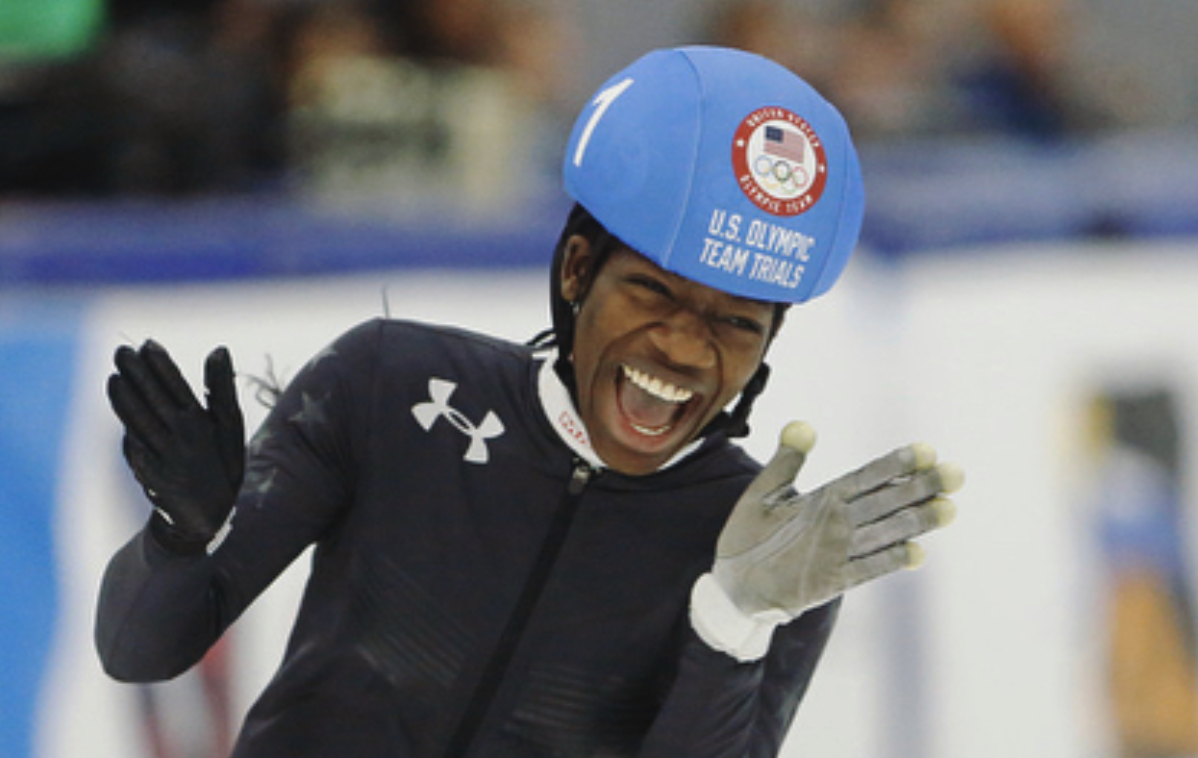
Maame flashes her trademark grin after a strong qualifying race.
Kweku Biney likes to joke that the only use for ice in Ghana is to chill drinks. He immigrated to the United States, land of the skating rinks, in the mid-eighties. When his daughter Maame— living in Accra, Ghana with her mother and brother— was five, Kweku invited her to visit him in Virginia. She liked it so much that she made the difficult choice to stay, leaving half of her family 5,000 miles away.
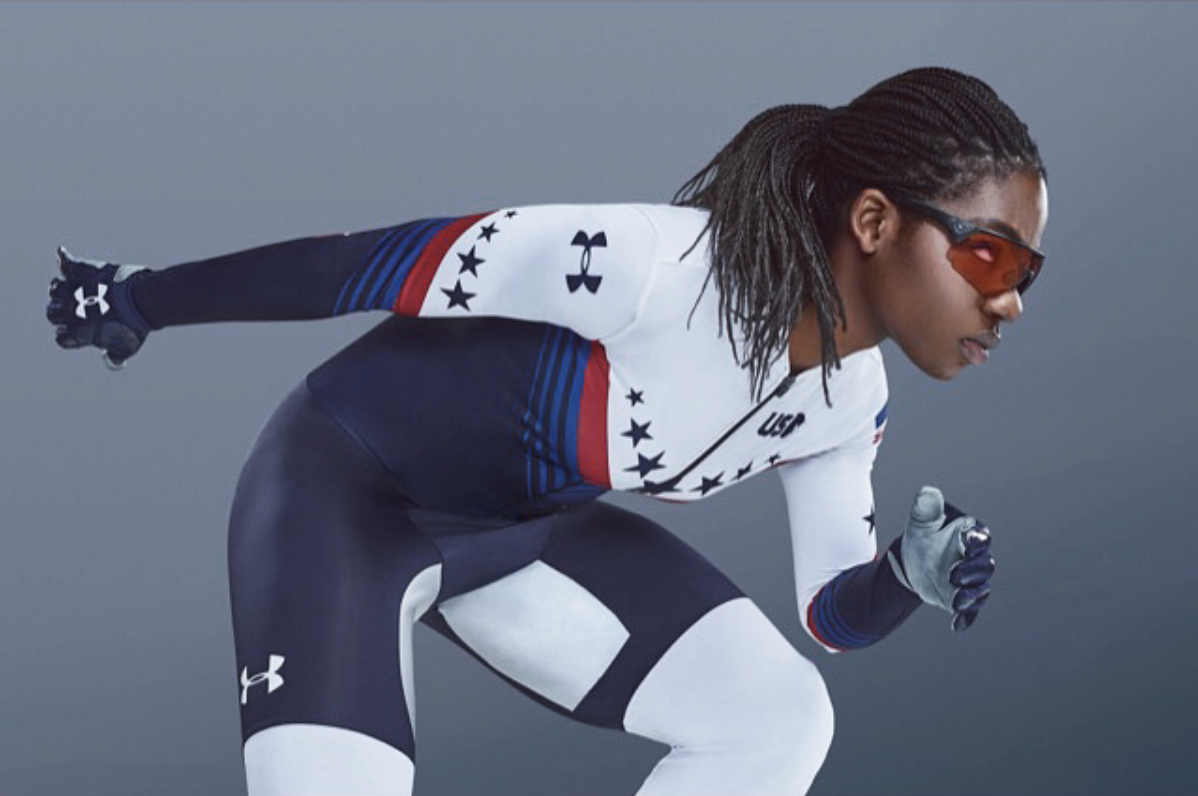
In an Olympic promotion, a laser-focused Maame showcases her starting stance.
Maame began her career on ice as a figure skater, but coaches said she was too fast for the sport. She was a natural speed skater. After completing her junior year of high school as a full-time student, she decided to move to Salt Lake City without her father to train with the US National Speed Skating Team. She’s currently finishing her senior year online.
When Maame qualified for the Olympics in the 500- and 1500-meter short track, Olympic broadcasters took notice. She was the first African-American woman to qualify for the Olympic speed skating team, and her irrepressible giggle lent itself well to interviews. Maame’s world-class talent was undeniable— she dominated the 500m qualifiers, posting a 43.161-second time. But she was unable to live up to the hype in Pyeongchang, where she failed to reach the finals in both of her events.
Maame is a safe bet to return to the Olympics in 2022, and her first try wasn’t a total loss. “I’m really honored to inspire other women, African-American or any other race, to get out there and do what you can and succeed,” she said in an interview. Maame also got to meet a fan in comedian Leslie Jones, who cheered her on from the stands and consoled her after a disappointing finish. “We got the same smile,” Leslie told Maame. “Yeah, we do,” she agreed.
Nathan Chen (age 18)
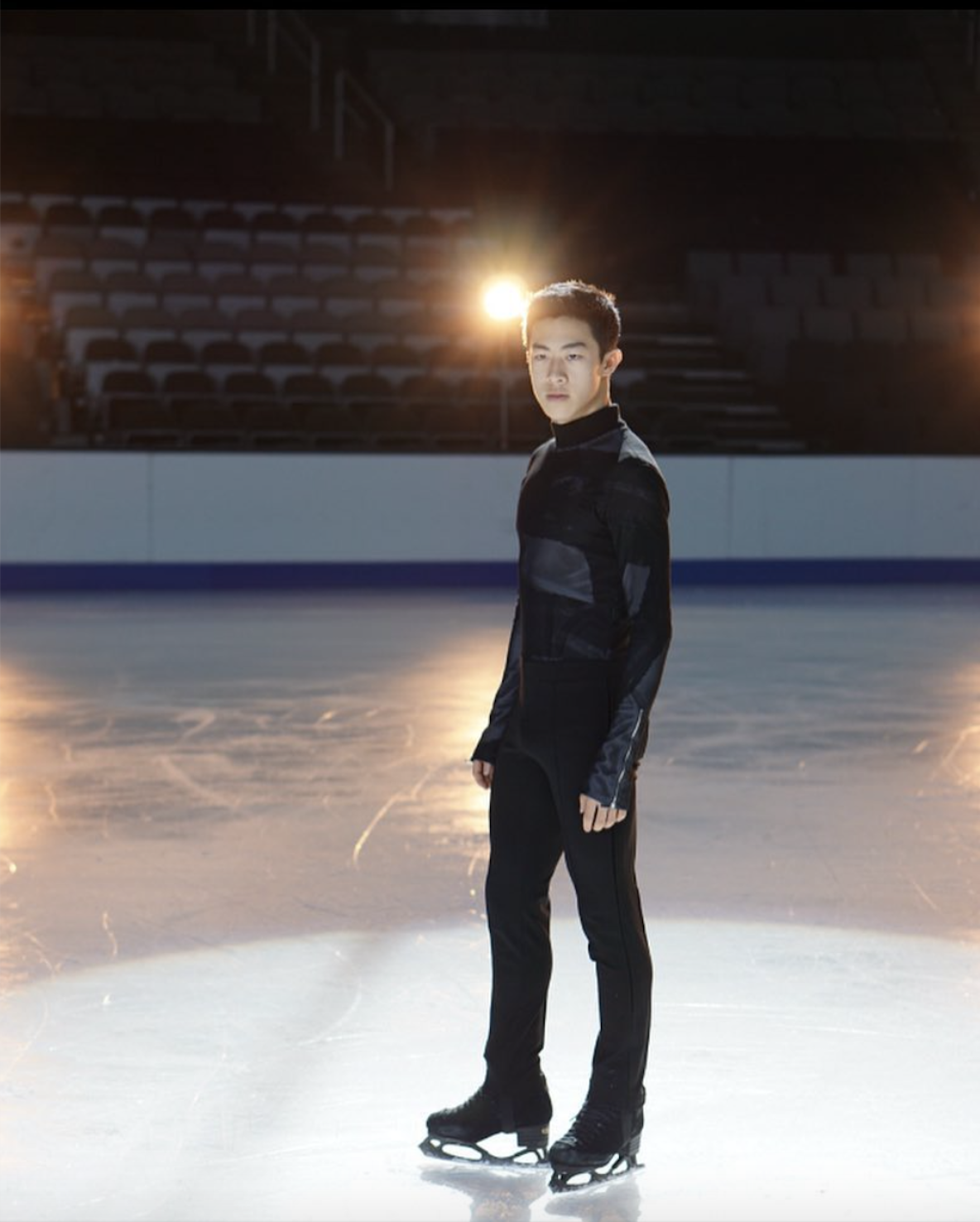
Wearing his usual all-black uniform, Nathan stands on an empty rink, ready to perform.
30 years ago, landing a quadruple jump in the Olympics seemed impossible. Nathan Chen attempted a record six quads in his Olympic free skate. There were supposed to be five, but he threw in an extra one, surprising even his coach. He’d never landed that many in practice. “I had nothing to lose,” he said later. “I sort of went for everything.”
Nathan was three years old when his hometown, Salt Lake City, hosted the 2002 Olympics. The inspired toddler took his first skating lesson the same year, and he says he hasn’t missed a day on the ice since. As his talent developed, Nathan also trained in gymnastics and ballet to hone his skating skills. The Utah Jazz superfan entered Pyeongchang as favorite to medal after bouncing back from a hip injury and sweeping three major championships in 2017. He’d been competing internationally against senior skaters for only one season.
Perhaps it was Nathan’s lack of experience that led him to falter on Olympic ice. Perhaps it was the pressure from the media, his coaches, and his team. Perhaps he simply had an off week. Whatever the reason, the golden boy struggled to land his jumps in two short programs, earning abysmal scores and disappointing viewers. His six-quad routine was enough to win the free skate, but he still finished fifth overall.
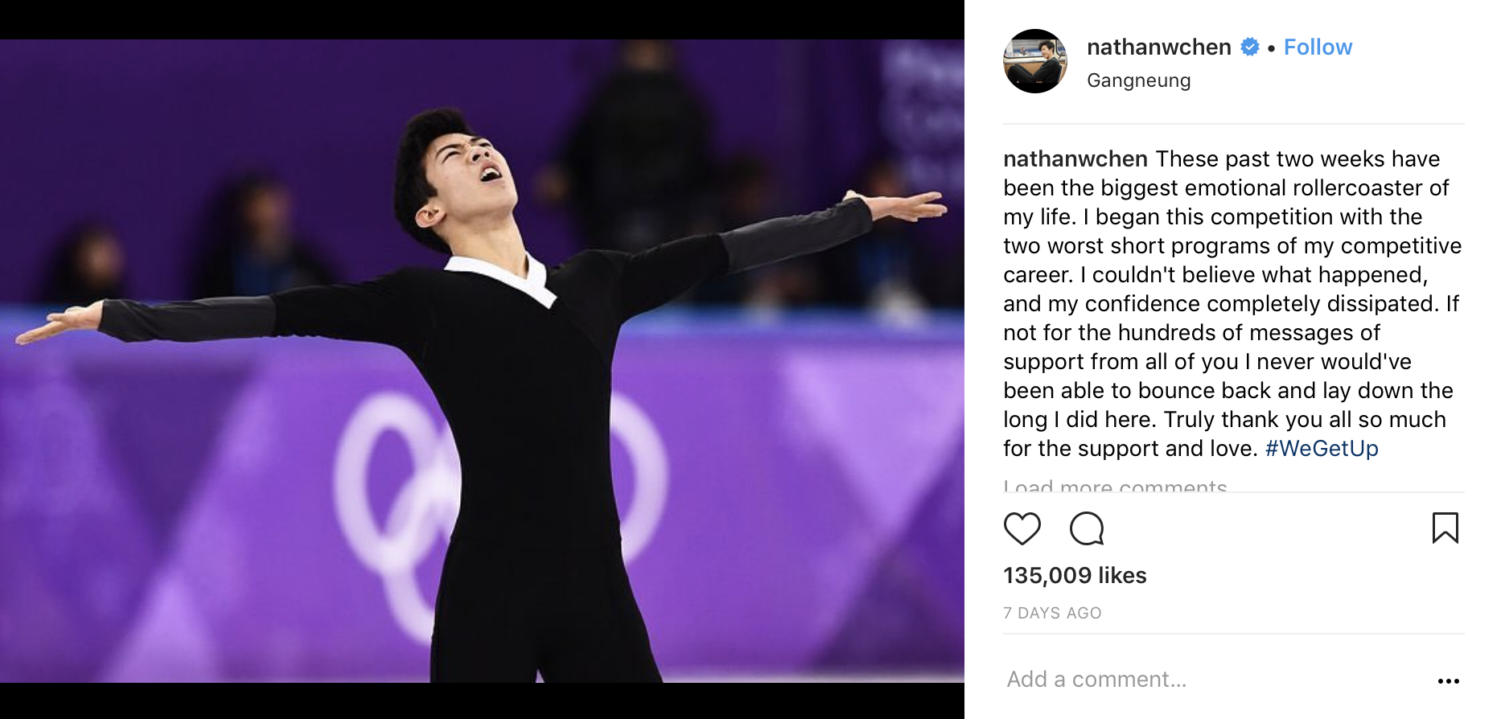
After his Olympics come to an underwhelming conclusion, Nathan expresses his feelings to his army of loyal fans.
Chloe Kim (age 17)
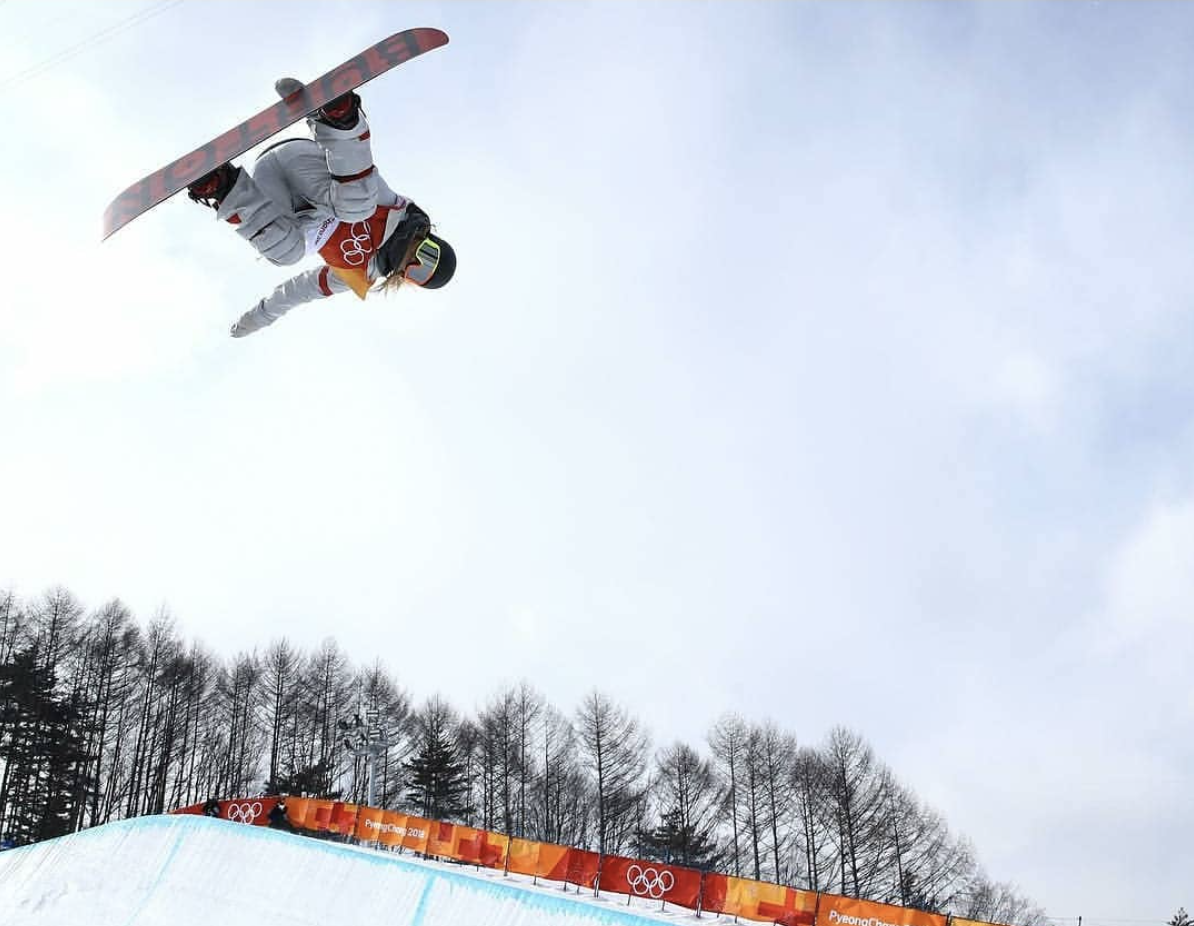
Chloe Kim already knew she had won the gold medal when she dropped into her third run in the Olympic halfpipe. But Chloe didn’t just want a victory lap—she wanted a monster score. She posted a near-perfect 98.25 on her final run, beating the silver medalist by nearly 10 points.
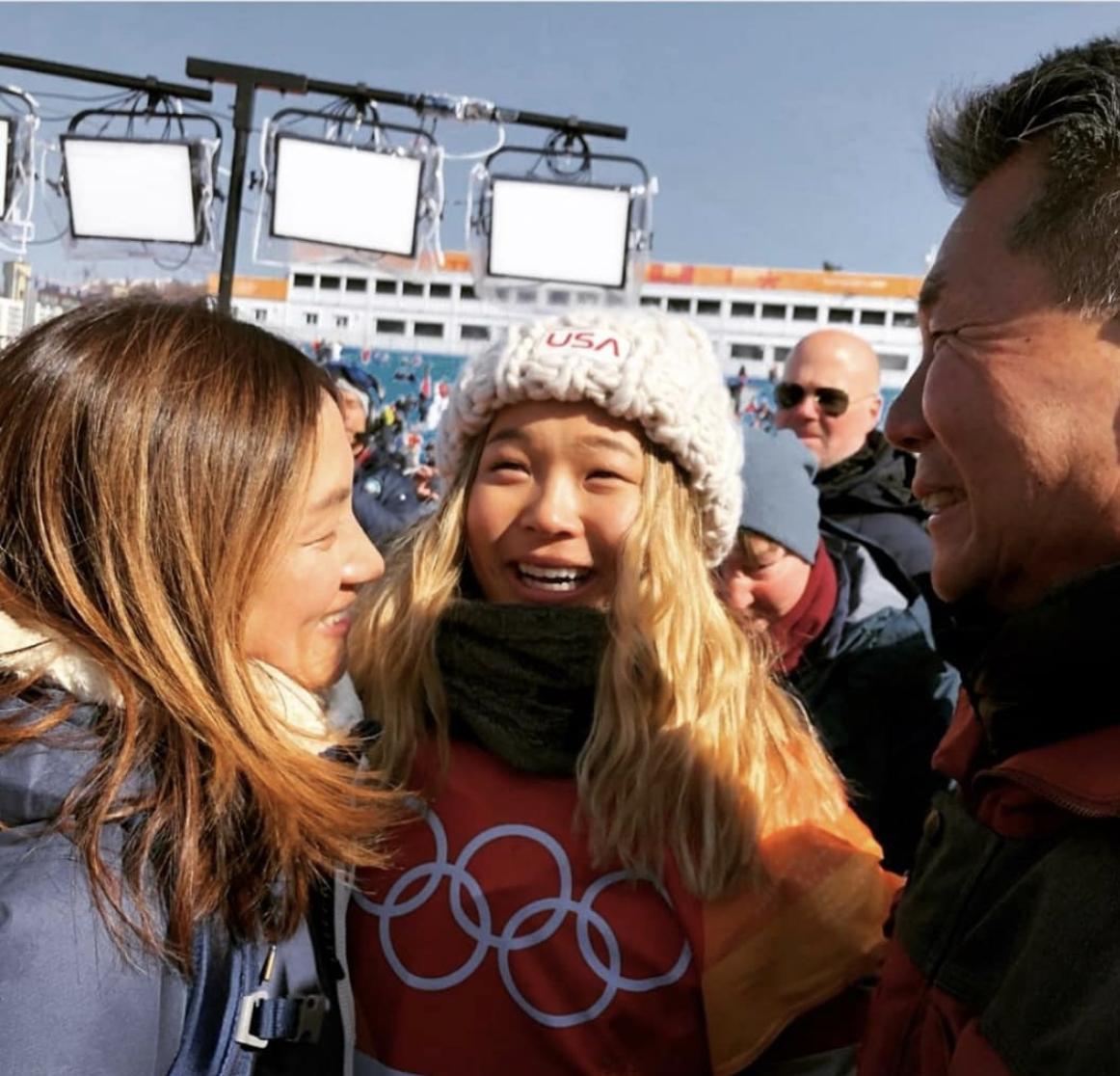
Chloe happily talks to her doting parents at the halfpipe in Pyeongchang.
Chloe is famous for her uncanny ability to make back-to-back 1080s look easy. She could’ve been a medal threat in the 2014 Winter Olympics—her scores qualified her easily—but she was only 13, two years below the minimum age limit.
Chloe is a trilingual first-generation immigrant from Korea, and she’s spoken candidly about some of the difficulties that come with her identity as an Asian-American. “I always get the question, like, ‘Where are you from?’ L.A. ‘No, where are you really from?’ I was born in Long Beach. ‘No, no, like, where are you really, really from?’” She says that her parents weren’t initially supportive of her halfpipe dreams “because, you know… a Korean’s ideal thing is their kid being, like, a lawyer, a doctor.” Now, they’re all in on Chloe and her American dream. Her father quit his job to homeschool her, and the Washington Post dubbed him the “Ultimate Dad.”
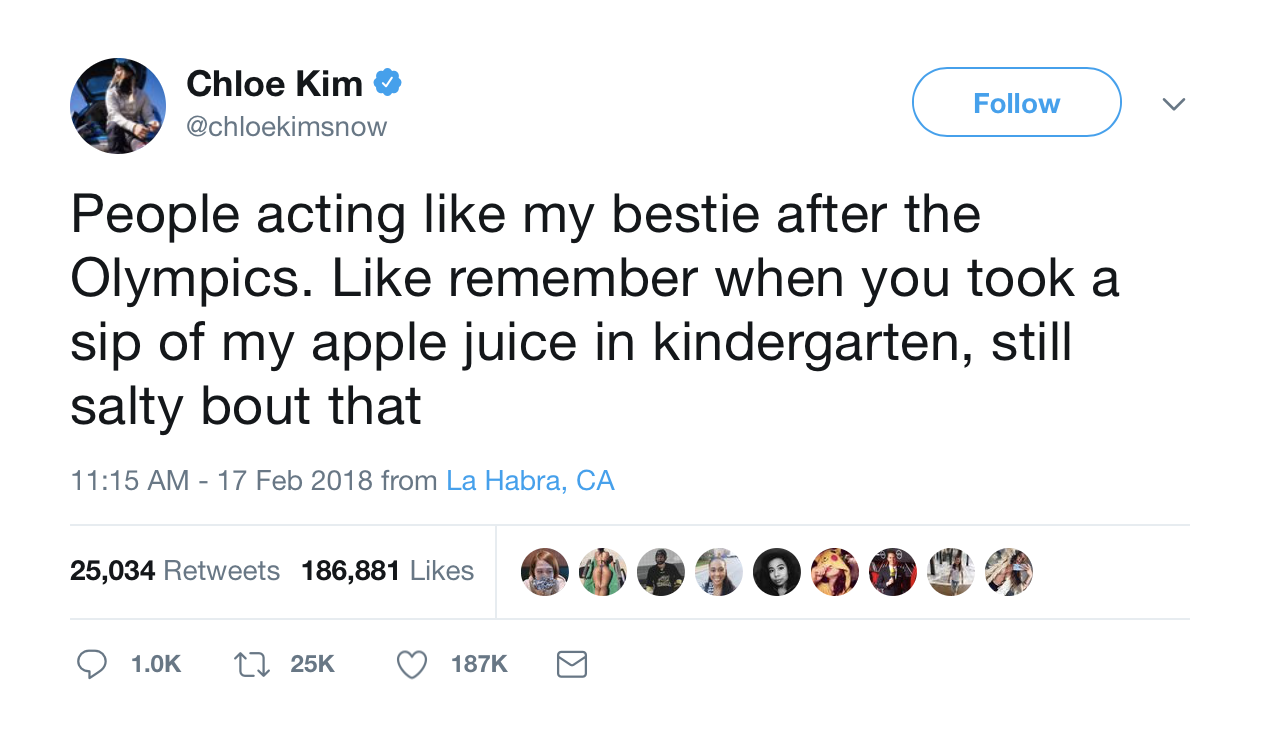
Due in part to her Olympic clout, Chloe maintains a loyal following on Twitter, where sponsored tweets are interspersed with musings on her favorite foods. “Could be down for some ice cream rn,” she tweeted between runs in the halfpipe qualifiers. “Oh and I also had 2 churros today and they were pretty bomb so if you ever get nervous go eat a churro.”
